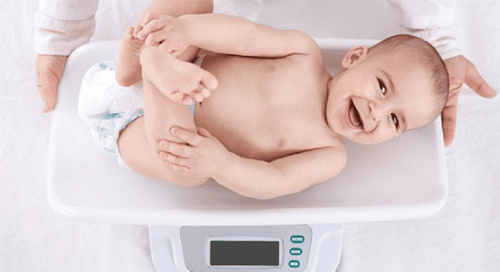Nội dung bạn đang tìm kiếm không có phiên bản tiếng Việt.
Vui lòng chọn tiếp tục để xem nội dung tiếng Anh hoặc đi đến trang chủ Tiếng Việt.
Rất xin lỗi về sự bất tiện này.
Pediatrics

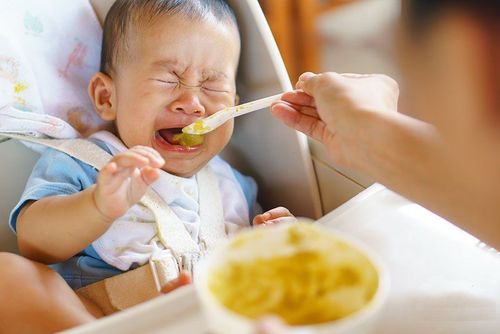
What to do when babies refuse to eat while teething?
Babies starting at 6 months of age enter the teething phase, which can cause irritability, fever, loss of appetite, and even weight loss. For parents, each mealtime becomes not just a concern but a source of anxiety. So, what should parents do when their teething baby refuses to eat?
View more
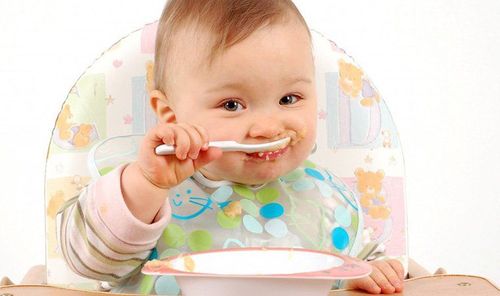
Is it good for children to eat a lot of sweet potatoes?
Sweet potatoes are a familiar, necessary, and nutritious food for children, especially in the weaning period. Sweet potatoes provide nutrients as well as vitamins and minerals that are good for the children
View more
Latest articles

Startle Reflex in Infants: Is it a disease?
Moro reflex (startle reflex): This reflex occurs when a baby is startled by a loud noise or sudden movement. In response to the sound, the baby may extend their arms and legs away from the body, cry, but then immediately bring their arms back in as if hugging themselves. Sometimes the baby's own cry can startle them and initiate this reflex. This reflex lasts until the baby is 5-6 months old.
View more
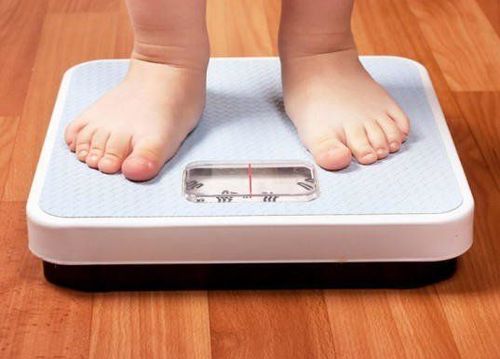
How much does a 16-month-old baby weigh?
At 16 months old, babies are already able to walk, explore, and learn about everything around them. During this period, babies may lose weight or gain weight slowly. Therefore, parents often wonder how much a 16-month-old baby weighs, whether it is within the standard range or not,... This article will analyze in more detail the height, weight, and nutrition of a 16-month-old baby so that parents can take the best care of their baby.
View more

Vitamins and Minerals for Puberty
Puberty brings many changes to the body, including significant physical development. When children are supplemented with all the necessary nutrients, they can most effectively enhance their height.
View more
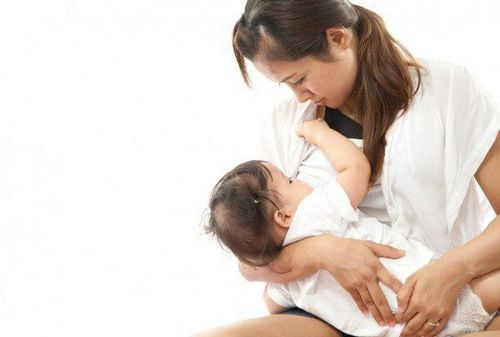
Is sudden weaning harmful to the baby?
Sudden weaning can make both mothers and babies struggle to adapt to significant physical and emotional changes. This often arises from a necessary situation or the mother's decision. Regardless of the reason, mothers should look into various weaning methods to make the most beneficial choice for both themselves and their babies.
View more
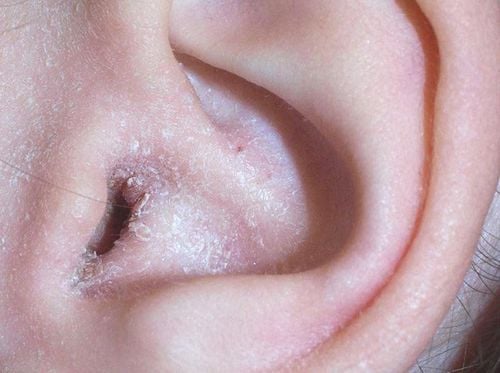
Ear Eczema in Children
Ear eczema is a common skin condition in children caused by various factors, including allergies, pus, or metabolic dysfunction. Although it does not pose immediate health risks, improper treatment can lead to bacterial infections in children.
View more

What does it mean when a newborn's fontanel is sunken?
In most cases, a sunken or slightly pulsating fontanel in a newborn is considered normal. This is due to the blood flow through the area. However, a sunken fontanel can also be a warning sign of serious conditions such as dehydration and malnutrition…
View more

What to Do When a Newborn's Umbilical Stump Has a Foul Smell and White Pus?
Typically, a newborn's umbilical cord stump falls off within 7 to 20 days, which is a normal occurrence. However, if the stump has a foul smell along with white pus or yellow pus, parents should be very cautious, as this may indicate an infection.
View more
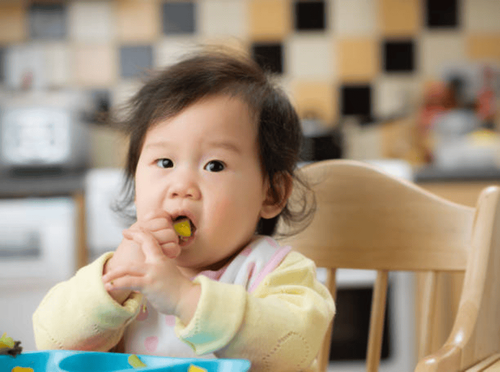
Can young children eat kiwi?
As infants develop an interest in solid foods, they frequently exhibit a desire to explore new flavors and textures. Therefore, can young children eat kiwi? For parents, navigating the plethora of online information can be challenging. This article aims to provide comprehensive guidance on introducing kiwi to infants.
View more
